Discover Patterson in Pursuit
Patterson in Pursuit

Patterson in Pursuit
Author: Steve Patterson
Subscribed: 1,979Played: 23,398Subscribe
Share
© Steve Patterson
Description
Philosophy in the real world. Interviewing intellectuals across the globe. Grappling with the biggest ideas.
stevepatterson.substack.com
stevepatterson.substack.com
205 Episodes
Reverse
Simon Dixon and I talk about theories surrounding the hijacking of Bitcoin, the connection with Jeffrey Epstein, and some history about Bitcoin's funding and development.Simon's channel: @SimonDixon21 Get the Hijacking Bitcoin book: https://www.hijackingbitcoin.com/ Get full access to Steve Patterson's Substack at stevepatterson.substack.com/subscribe
There’s a purely rational argument for the divinity of love. The core Christian claims can be translated into straightforward analytical philosophy without appealing to mystery, faith, or superstition.I am not saying this argument is true, merely that it’s reasonable, coherent, and understandable in the context of standard philosophy.Here’s the argument:1) Patterns are real and mind-independent (we’ll call them “Forms”).2) There is a metaphysical hierarchy of Forms.3) At the top of the hierarchy is the Form of the Good.4) The highest form is Love.5) Therefore, Love is the Form of the Good.We can break this argument into two parts: Propositions 1-3, which can be understood as a simple Platonism (using the word “patterns” instead of the usual term “universals”); and Propositions 4-5 which can be understood as an empirical Christian claim which clarifies and updates the Platonic idea.What I mean by PlatonismBy “Platonism,” I do not mean a faithful reconstruction of Plato’s ideas—rather, a metaphysical framework which says that patterns, abstractions and relations are real features of existence, separate from our minds. There are cats, and there is Cat-ness, the pattern which all cats have in common, which sits outside the material world in an abstract domain.The point of this article is not to make an argument for this kind of Platonism (which I’ve done extensively elsewhere.) The point is to say that within this view, there is a hierarchy of Forms. As you go up the abstraction ladder, you reach higher and higher forms. Eventually you’ll find the Form of Justice Itself, which is an extremely high-level, high-dimensional pattern that every just action participates in.Impersonal Form of the GoodAt the top of this hierarchy, the Platonist wants to say, is the Form of the Good. This form is so absolute, so fundamental, that it’s the Form which grounds all of our ethical judgements. The form of the Good isn’t something which can be judged “good” or “bad”—it is Goodness itself, the Form-that-we-use to determine goodness.Functionally, this Form plays a similar role to God in theism. However, the classical Form of the Good is critically impersonal. If there is a Creator-God (or “demiurge” in the Platonic vocabulary), he sits underneath the Form of the Good, participating in it. The theistic God, by contrast, has nothing above him; he sits at the apex of the metaphysical hierarchy.That gives us the meaning of Propositions 1-3 of the original argument. Now the Christians come along.Empirical RevelationThe Christian wants to say: by the way, it turns out the Form of the Good is not a distant, impersonal abstraction.The Form of the Good turns out to be Love.In other words, Love is The Good. Love is Goodness itself—it’s the thing which we use to determine the goodness of everything else; it’s the Value underpinning all other values; it’s the objective meaning of life; it’s the first and final cause of everything.And Love is in the Form of a Person. Love is alive.This is not an aprioristically-true claim. It’s an empirical claim—that is how we can understand the meaning of “divine revelation”—God reveals his face, not through a purely logical argument, but through Incarnation.The Form of the Good “comes down from [Platonic] heaven” to live among us.Immediately, if such a thing happened—or if it plausibly happened—we would find ourselves grappling with the same philosophical questions as the early Christians. Divine Love is fully instantiated by Jesus Christ. So, what was Jesus’s exact relationship with God? Clearly he was a man, yet divine at the same time... and suddenly we’re back in the 4th century.So that’s the claim. If there is a hierarchy of Forms, then the Christians are saying Love is the highest Form and the essence of God.Note:If we want to replace the Platonic conception of the “Form of the Good” with the Neo-Platonic idea of “the One,” the Christian argument still holds.So we can swap out premise (3) for the claim “At the top of the hierarchy is The One,” which would change the conclusion to: (5) Therefore, Love is The One. Either formulation works. Get full access to Steve Patterson's Substack at stevepatterson.substack.com/subscribe
Original article here, from 2023: Get full access to Steve Patterson's Substack at stevepatterson.substack.com/subscribe
Even more recently, I’ve become drawn to Catholic Christianity, but these articles capture my thoughts from a few years ago. Part 1:Part 2: Get full access to Steve Patterson's Substack at stevepatterson.substack.com/subscribe
Original article here: Get full access to Steve Patterson's Substack at stevepatterson.substack.com/subscribe
Original article here: Get full access to Steve Patterson's Substack at stevepatterson.substack.com/subscribe
Original article here: Get full access to Steve Patterson's Substack at stevepatterson.substack.com/subscribe
Patri Friedman shares his experiences and research about sleep apnea, after struggling with it for decades. Patri’s website: https://patrifriedman.com/ Get full access to Steve Patterson's Substack at stevepatterson.substack.com/subscribe
Original article here: And yes, this narration was generated by an AI clone of my voice. Incredible. Get full access to Steve Patterson's Substack at stevepatterson.substack.com/subscribe
Eric Brakey joins me to talk about his recent experience getting detained at the border after returning from a cruise. His papers and electronics were searched, and the border guards told him that his Constitutional rights didn’t apply. A story we should pay attention to. Free State Project: fsp.org Get full access to Steve Patterson's Substack at stevepatterson.substack.com/subscribe
The desire to understand mechanism has led scientists, doctors, and researchers into grave error—the “mechanism fallacy”—thinking that correlations are not causally connected if the mechanism is not understood. Get full access to Steve Patterson's Substack at stevepatterson.substack.com/subscribe
Article and mentioned links here: Get full access to Steve Patterson's Substack at stevepatterson.substack.com/subscribe
We've become desensitized to the novelty of the Trinity. I am joined by Dr. Jared Ortiz to discuss the history and importance of the Council of Nicaea. Guest's website: https://hope.edu/directory/people/ortiz-jared/index.html Guest's book: The Nicene Creed: A Scriptural, Historical, and Theological Commentary Get full access to Steve Patterson's Substack at stevepatterson.substack.com/subscribe
Original article here: Get full access to Steve Patterson's Substack at stevepatterson.substack.com/subscribe
Original article here: Get full access to Steve Patterson's Substack at stevepatterson.substack.com/subscribe
There are too many anomalies in archaeology to ignore. Our paradigms will have to be revised.My conversation with Michael Button, a rising star from the next generation of scholars. Check out his YouTube channel here. Get full access to Steve Patterson's Substack at stevepatterson.substack.com/subscribe
Original article here: Get full access to Steve Patterson's Substack at stevepatterson.substack.com/subscribe
(From December 2022) Written article here: Get full access to Steve Patterson's Substack at stevepatterson.substack.com/subscribe
Article here: Get full access to Steve Patterson's Substack at stevepatterson.substack.com/subscribe
Textbook calculus is wrong because it's fundamentally continuous. We can do better, and a discrete calculus might even change how we build computers. Interview with Ryan X Charles. Get full access to Steve Patterson's Substack at stevepatterson.substack.com/subscribe



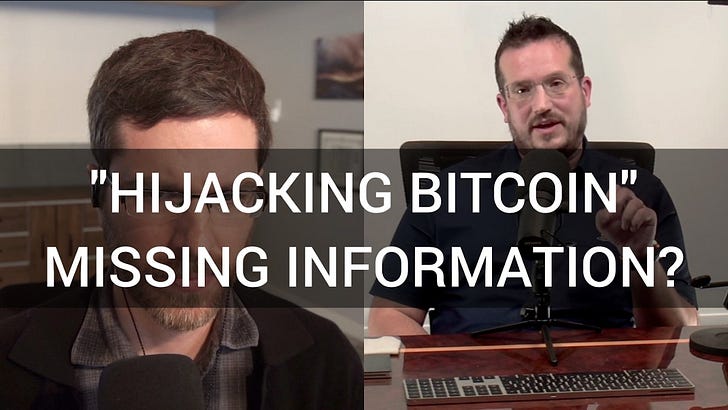
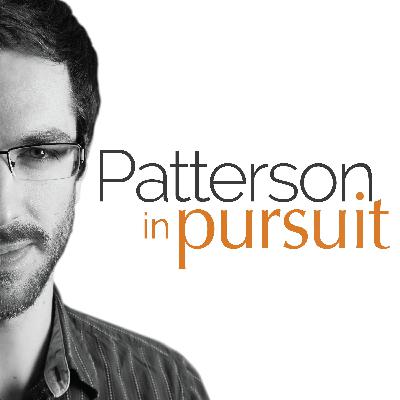
![Theoretical Pluralism and Chess [Narration] Theoretical Pluralism and Chess [Narration]](https://substackcdn.com/feed/podcast/1219659/post/179979357/cfb17069891c492dfa51f4af86fca5bb.jpg)
![Markets Fail to Solve the Complexity Problem [Narration] Markets Fail to Solve the Complexity Problem [Narration]](https://substackcdn.com/feed/podcast/1219659/post/179013122/cfb17069891c492dfa51f4af86fca5bb.jpg)


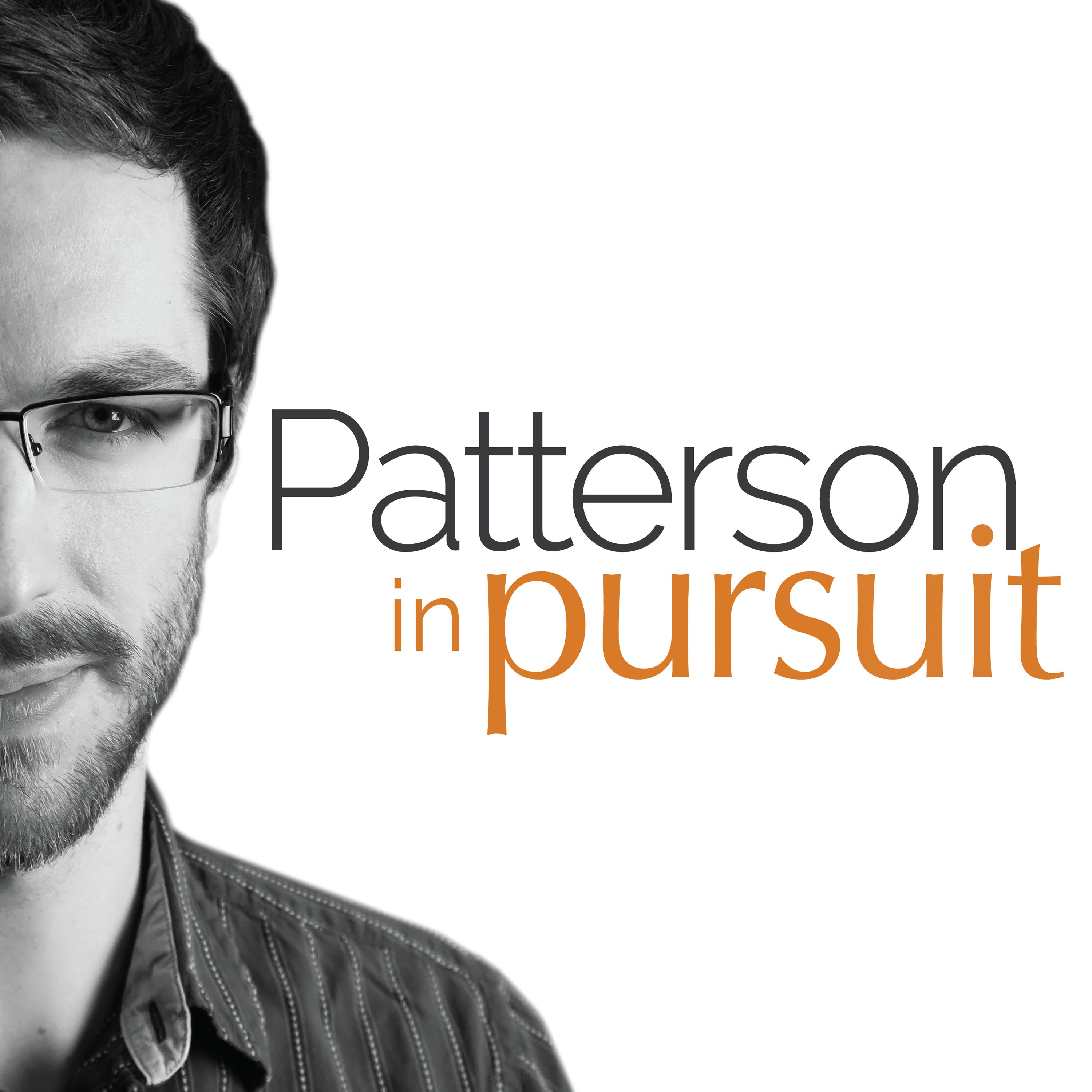
![Three Confirmed Paradoxes in Mathematics [Narration] Three Confirmed Paradoxes in Mathematics [Narration]](https://substackcdn.com/feed/podcast/1219659/post/174131717/cfb17069891c492dfa51f4af86fca5bb.jpg)
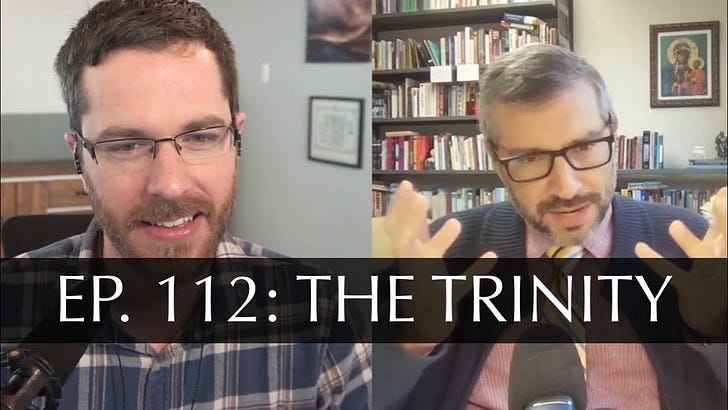
![Intelligence and Pattern Recognition [Narration] Intelligence and Pattern Recognition [Narration]](https://substackcdn.com/feed/podcast/1219659/post/171142901/cfb17069891c492dfa51f4af86fca5bb.jpg)
![Everything in Discrete Space [Narration] Everything in Discrete Space [Narration]](https://substackcdn.com/feed/podcast/1219659/post/169967229/cfb17069891c492dfa51f4af86fca5bb.jpg)
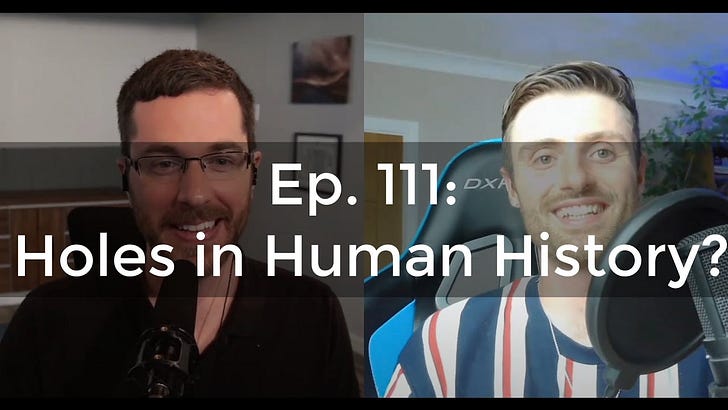
![Geometry as Logic [Narration] Geometry as Logic [Narration]](https://substackcdn.com/feed/podcast/1219659/post/169965173/cfb17069891c492dfa51f4af86fca5bb.jpg)
![Mechanics before Ethics [Narration] Mechanics before Ethics [Narration]](https://substackcdn.com/feed/podcast/1219659/post/169963586/cfb17069891c492dfa51f4af86fca5bb.jpg)



interesting topic on free will
this was a hard one to follow between the two speakers
I have really enjoyed this one episode. You have wonderfully managed to articulate in a very understandable manner, different aspects of reality perception and theological/religious/intellectual expression of its manifestations. I have, on different occasions, entertained myself with some thoughts and musings that resemble very closely your personal thoughts in this regard, which obviously fascinates me because I can see that not matter how far away in distance and time, some ideas/thoughts are very similar, if not the same. BTW, I have somehow attempted to articulate my personal, similar thoughts about this topic in a book that I am about to publish, hopefully soon. This is, indeed, a very deep and fascinating subject, worthy of consideration by many gatekeepers of religious, theological and scientific tradition. Unfortunately, and under the current, prevalent paradigms and ethos of our world, this reasoning of what God is and is not -or could be- is rejected and not even considered
Well, I do firmly believe there must be an objective truth and reality lying outside of our best attempts to grasp it. However, I also believe that we are able to look at this objective truth from a very specific angle or perspective... that we only have little glimpses, at best, of this objective truth, which makes it unavoidable to express this perception of truth in different manners. I also believe that subjective perceptions of truth and reality may give room to contradictions and inconsistencies in one's own belief system. As a result of the latter, there will be different ways of stating this perception of truth, which, in the surface, may seen to change or evolve from time to time. Does that makes me a fashionable thinker, according to your definition of such?